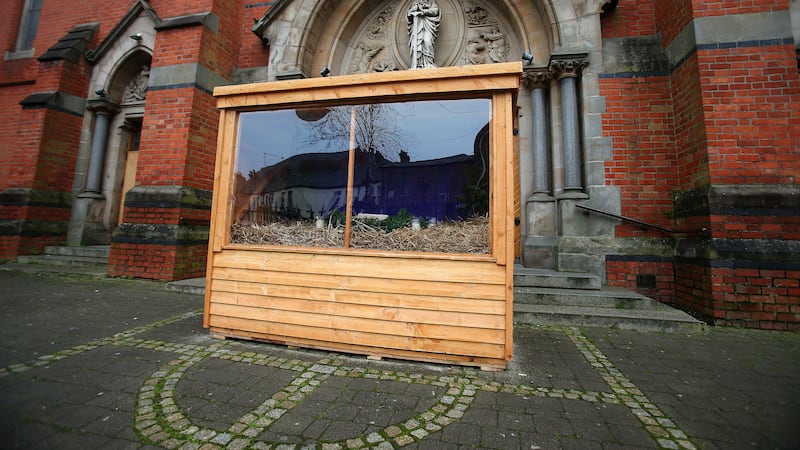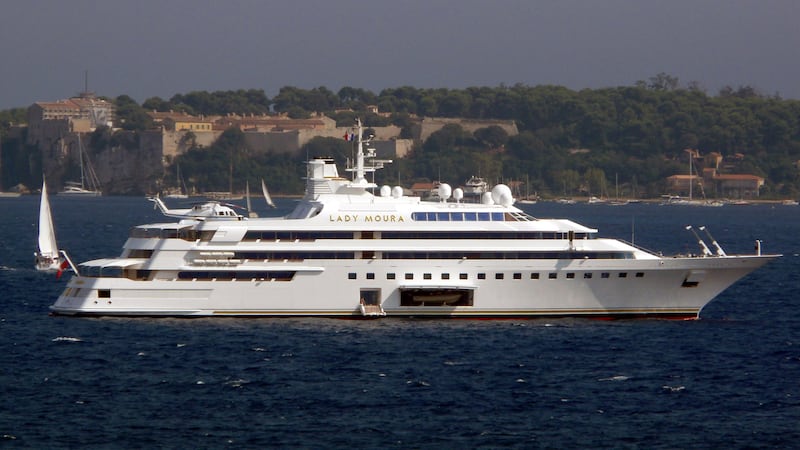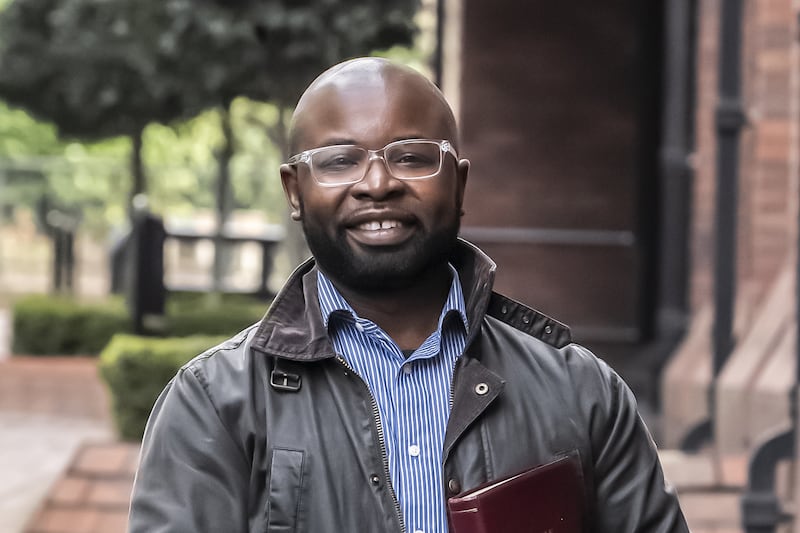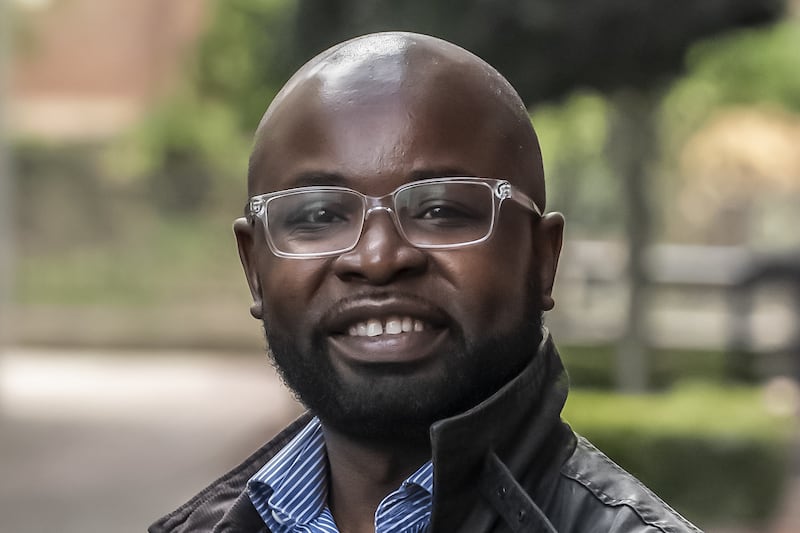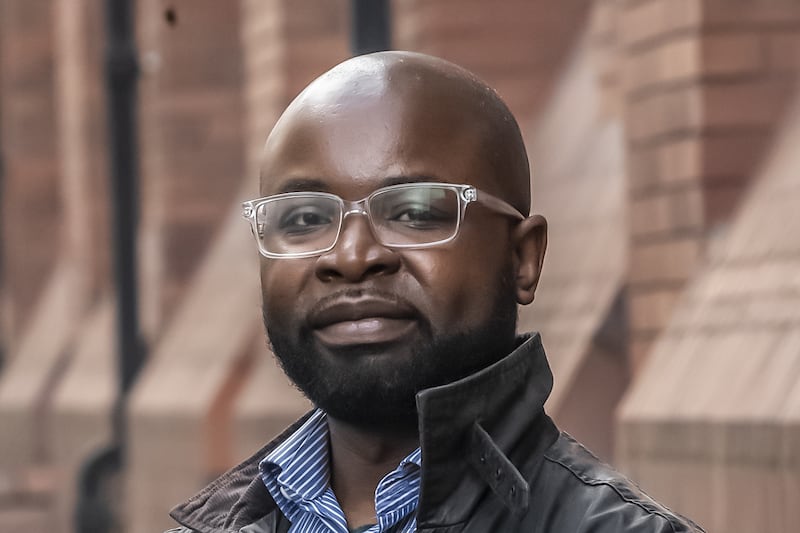AS we near the half-way point of yet another 'circuit breaker' lockdown in an effort to have a somewhat 'normal' Christmas, an argument is brewing over whether this reveals preferential treatment for Christianity compared to other religions.
Sathnam Sanghera, an author and writer with The Times, tweeted: "It was hard, but millions got through Diwali, Eid, Yom Kippur without family gatherings. I do not want to throw a year of sacrifice into the bin because (Boris) Johnson cannot bear giving bad news about Christmas."
How readily we have forgotten the first, and most severe, lockdown which began in March.
Easter is the most important celebration within Christianity, an event which celebrates Christ's victory over sin and death.
Mr Sanghera, for some reason, didn't add Easter to his list of 'cancelled' religious holidays.
It's difficult to forget the somewhat eerie scenes on Good Friday, celebrated on March 27 this year, when Pope Francis gave his Urbi et Orbi blessing in front of a dark, damp and deserted St Peter's Square.
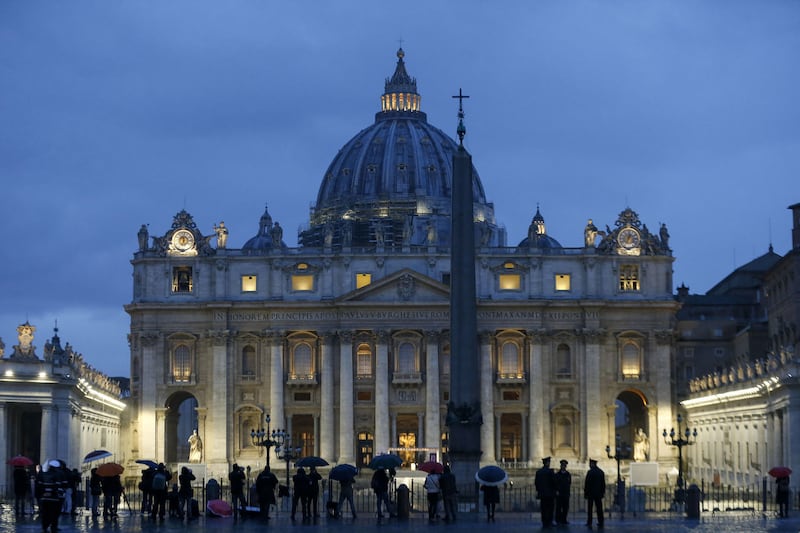
It is also an incredible stretch to claim that a move to lessen restrictions over Christmas would be a move to please Christians.
When governments talk of a 'normal' Christmas, the celebration of Christ's birth is certainly not foremost in their mind.
In many respects, Christmas nowadays has little, if anything, to do with Christ's birth and is increasingly secular and viewed more as a time for friends and families to gather.
This simply cannot be said of any of the religious festivals Mr Sanghera mentions.
There are millions of atheists the world over who profess to love Christmas.
They can even say, with some degree of legitimacy, that Christmas for them has nothing whatsoever to do with Christ's birth.
Instead, it is an opportunity for them to share quality time with loved ones and they travel the length of the world to celebrate a completely irreligious Christmas with their family.
For right or wrong, irreligious people celebrate Christmas and have successfully cleaved Christ from the celebrations
While millions of atheists celebrate and look forward to an irreligious Christmas, no atheist will ever celebrate an irreligious version of Eid or Yom Kippur. Indeed, a non-religious version doesn't exist.
Millions of people celebrate Christmas in a way that has absolutely nothing to do with Christ, but there are no celebrations anywhere of Eid or Yom Kippur that don't revolve around Islam or Judaism.
For right or wrong, irreligious people celebrate Christmas and have successfully cleaved Christ from the celebrations.
This doesn't happen with any other religious festival.
If restrictions are relaxed over Christmas, it will not be in order to appease Christians.
It will be for the purpose of preserving these gatherings that people of all religions and none enjoy, rather than letting people celebrate the birth of Christ in a more open manner.
Governments north and south are much more concerned with allowing big family gatherings with those who may travel home from abroad than they are with allowing churches to open for Christmas services.
However, perhaps the Christian option should be for restrictions to remain in place over Christmas.
Everyone loves the gatherings that take place over the festive period but the virus is just as potent in late December as it is at any other time.
It will not be a normal Christmas and a physical presence at a religious service may be either impossible or highly restricted, but Christ's birth will still be celebrated by Christians all over the world
In order to preserve these gatherings with all of our loved ones for years to come, we need to take the incredibly difficult decision to limit it for one year.
One of the greatest gifts we could give this Christmas is to make this gut-wrenching decision to keep our space to keep those we hold dear safe.
But while governments scramble to maintain the more secular parts of Christmas, there is good news for those who celebrate Christ's birth first and foremost at this time.
That good news is the fact that Christmas can't be 'cancelled', much like how Easter was never truly 'cancelled'.
Yes, it will not be a normal Christmas and a physical presence at a religious service may be either impossible or highly restricted, but Christ's birth will still be celebrated by Christians all over the world.
Nothing can 'cancel' the importance of Christ's birth and nothing can prevent us from celebrating it. It's just that for one year, we may have to celebrate it differently.
Diarmuid Pepper is a broadcast journalist with Northern Sound News who previously worked as a Philosophy and Religious Studies teacher.
